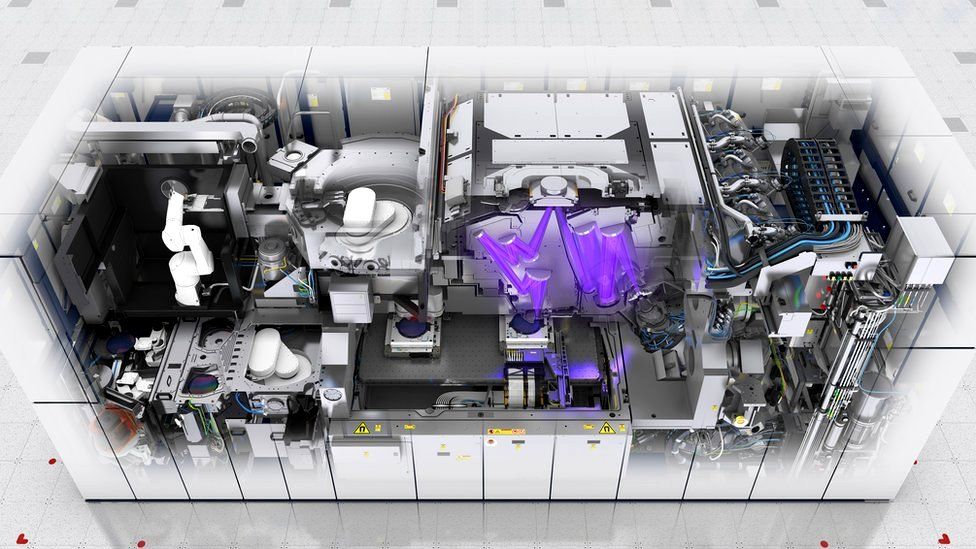Sam Altman, chief executive of ChatGPT-maker OpenAI, Demis Hassabis, chief executive of Google DeepMind and Dario Amodei of Anthropic have all supported the statement.
The Centre for AI Safety website suggests a number of possible disaster scenarios:
AIs could be weaponised - for example, drug-discovery tools could be used to build chemical weapons
AI-generated misinformation could destabilise society and "undermine collective decision-making"
The power of AI could become increasingly concentrated in fewer and fewer hands, enabling "regimes to enforce narrow values through pervasive surveillance and oppressive censorship"
Enfeeblement, where humans become dependent on AI "similar to the scenario portrayed in the film Wall-E"
Dr Geoffrey Hinton, who issued an earlier warning about risks from super-intelligent AI, has also supported the Centre for AI Safety's call.
Yoshua Bengio, professor of computer science at the university of Montreal, also signed.
Dr Hinton, Prof Bengio and NYU Professor Yann LeCun are often described as the "godfathers of AI" for their groundbreaking work in the field - for which they jointly won the 2018 Turing Award, which recognises outstanding contributions in computer science.
But Prof LeCun, who also works at Meta, has said these apocalyptic warnings are overblown tweeting that "the most common reaction by AI researchers to these prophecies of doom is face palming". READ MORE...





















